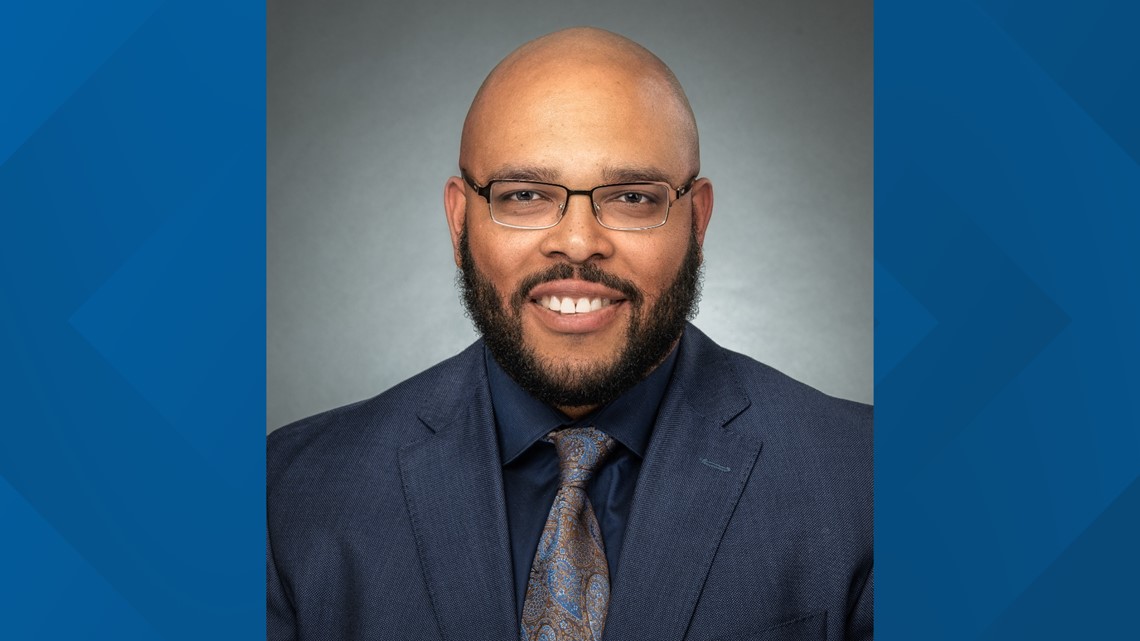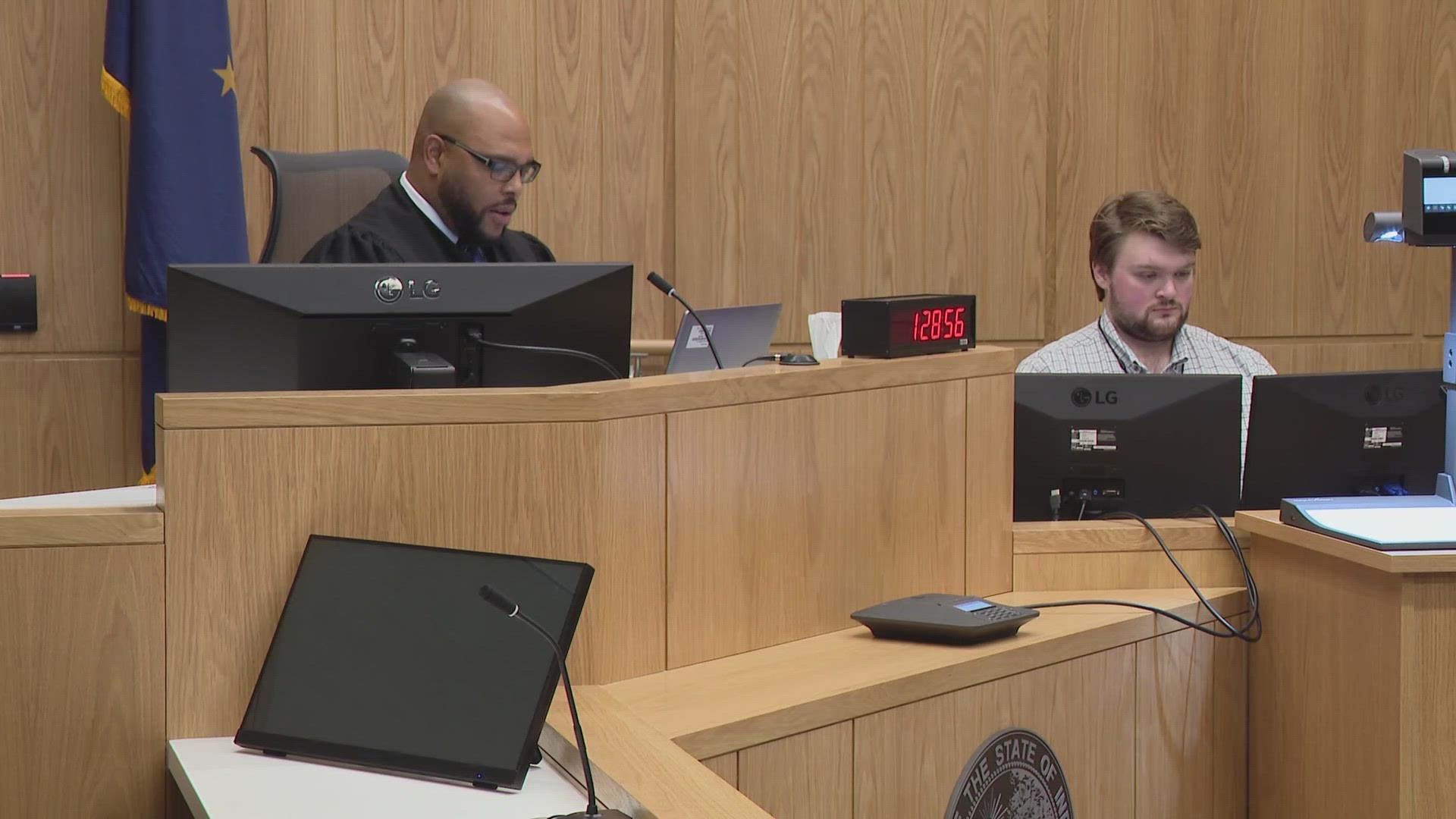INDIANAPOLIS — Ryan Gardner's career as a judge could be considered a calling inspired largely by one person.
"I knew I wanted to be a judge around 12," Gardner said. "That's when I learned about Thurgood Marshall, and I just sort of looked at him like he was a superhero."
Thurgood Marshall is the nation's first African American U.S. Supreme Court justice and the first Black attorney, Gardner said, he learned about.
"My mother would always tell me you can do anything you put your mind to. But when I saw his story, it was real for me," Gardner said.
Now, the Marion Superior Court judge is doing the same thing for the people he sees in family court.
"Many times, they get to see someone who looks like them. They feel more comfortable speaking their language because I can speak it with him and get my point across to them in a way that they understand," Gardner said.
Because family court can be tense, we thought Gardner would be a good person to answer our three advice questions.


What's the best way to win someone?
"A lot of times what we've heard from youth is they oftentimes feel like spectators in their own cases, and so they don't feel comfortable speaking at all. They feel like they're just supposed to sit there like a statue," Gardner said, "so I try to combat that by getting them involved."
"I think building that rapport with them over time, certainly it does help because they feel like they're valued."
What do you do to motivate yourself when things get tough?
"When things get tough for me — well the first rule for me is that I leave work at work. I am married to my best friend. We have three boys," Gardner said. "When I leave here and I go home, daddy and husband 100%."
What's the best advice that you've gotten?
"The best advice as an attorney and a judge that I think that I got was that some litigation by its very nature is adversarial. That doesn't mean we have to treat one another like enemies. And that civility is key," Gardner said.
"If I have to be direct with somebody — I'm direct, but I do it in a way that it doesn't belittle them — I try to explain everything that I'm doing or reasons for my decisions, even if people don't agree with it. But I think ultimately, they agree with the fact that I took the time to be civil with them and treat them with dignity."
It's all about encouraging those in the next year to build relationships with others, while still setting boundaries, but always being civil.

